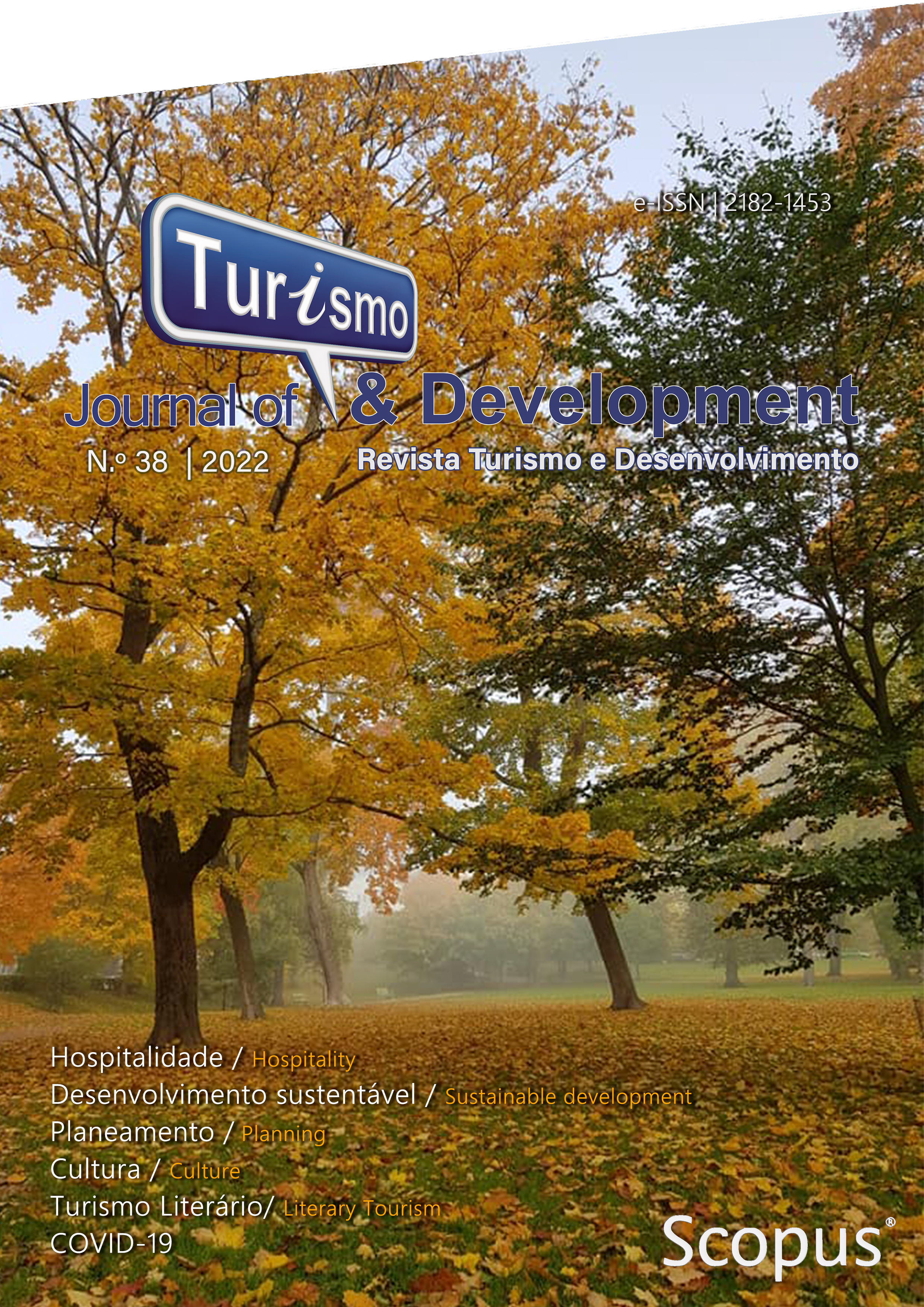Turismo: Avaliação da sensibilidade para os procedimentos de higiene e segurança alimentar na fileira da restauração
Resumo
Os turistas escolhem o destino turístico pela hospitalidade, segurança do local, oferta diferenciada, qualidade e preço. A avaliação positiva da higiene e segurança alimentar pode influenciar a escolha e ser diferenciadora.
O objetivo principal deste estudo foi avaliar a sensibilidade do sta dos restaurantes, clientes (consumidores) para a importância da higiene e segurança alimentar. Consideraram-se como público-alvo turistas de diferentes segmentos: cultural, de natureza, e de sol e mar.
A Região Centro sustentou a abordagem experimental por inquirição, através de inquéritos distintos para as duas entidades envolvidas, sob amostra aleatória de 120 stakeholders. Os resultados revelam que os clientes consideram relevantes a higiene e segurança alimentares na escolha e avaliação do restaurante e no seu índice de satisfação pós-refeição. Os clientes e prestadores de serviços valorizam de igual modo a importância da higiene da sala de refeições, dos objetos da mesa e das instalações sanitárias. Parâmetros como frescura, qualidade e correta confeção dos alimentos são mais valorizados pelos prestadores de serviços. Verificou-se que o sistema HACCP é um contributo decisivo para a garantia da higiene e segurança alimentar, sobretudo se gestores e equipas estiverem conscientes da sua importância para consolidar a confiança dos turistas e o desenvolvimento sustentável do turismo.





